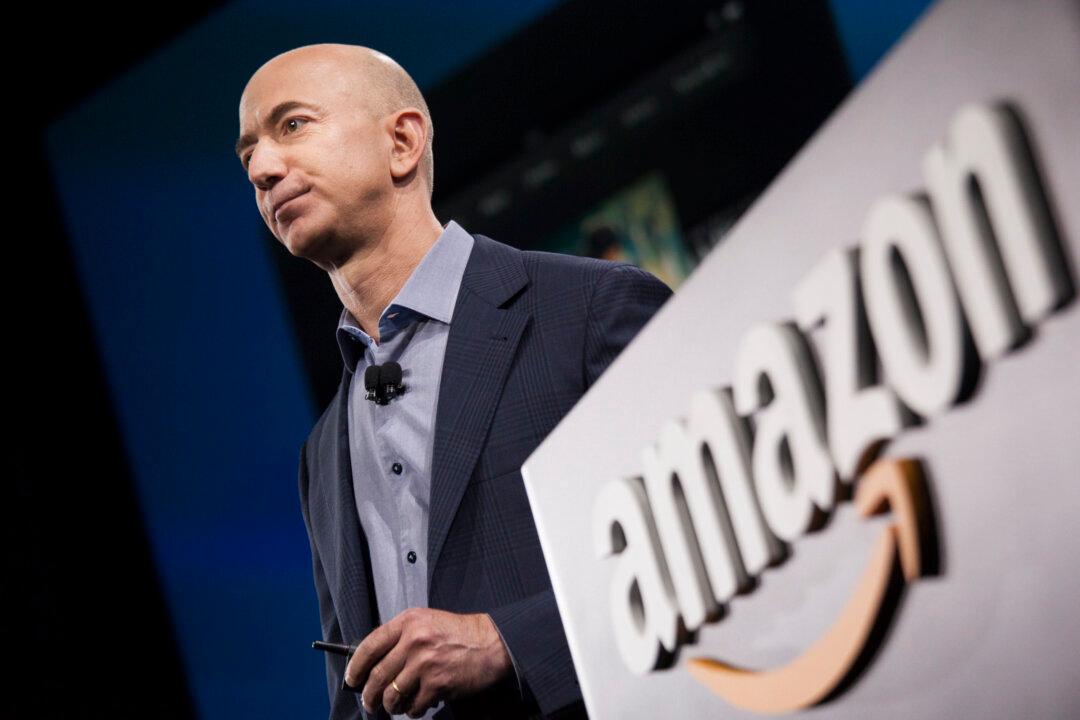A plethora of fintech (financial technology) startups are disrupting traditional finance by offering alternative, cheaper, and more convenient financial services. But what about established tech giants like Amazon? Can they have a significant role in disrupting the banking system?
The most powerful American tech companies, GAFA (an acronym for Google, Apple, Facebook, and Amazon), also entered financial services a few years ago. But the results have been disappointing, according to Huy Nguyen Trieu, a fintech resident expert at Oxford University and a member of the fintech advisory board of the World Economic Forum.
“We might not hear much about the tech giants disrupting finance, but it does not mean that they won’t play a significant role,” Trieu wrote on his blog.
“Each of these giants has a massive reach but more importantly competes with all other services to be at the center of our digital lives.”





